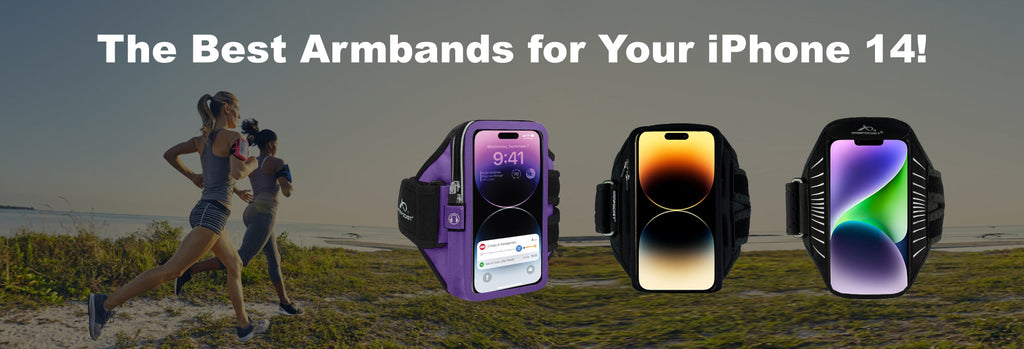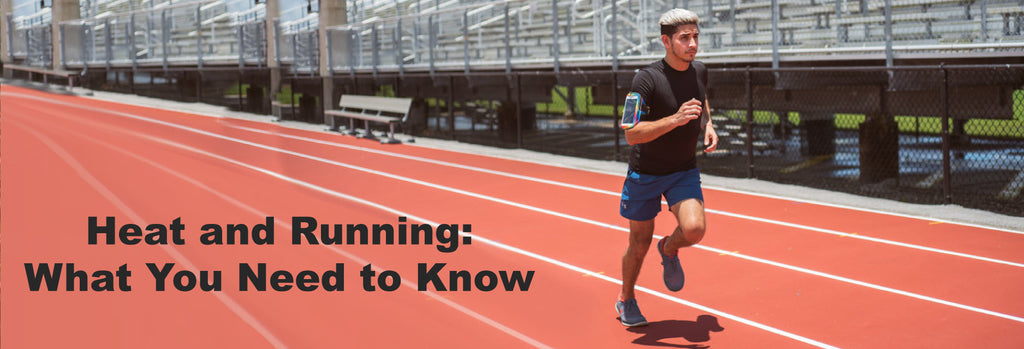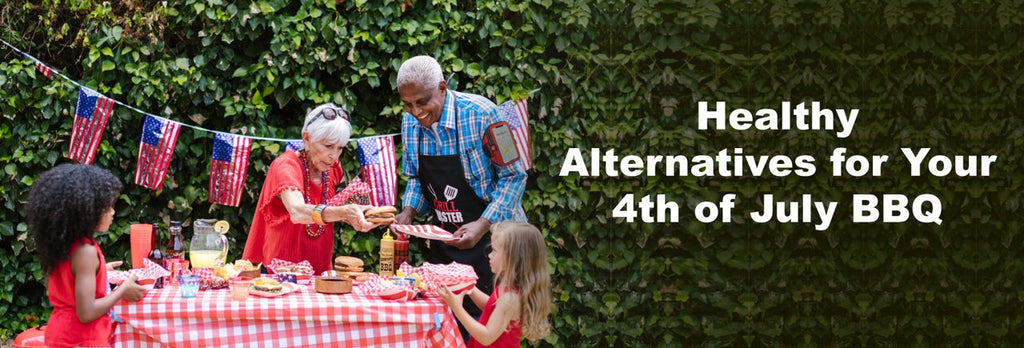This Saturday, February 2nd, marks World Wetlands Day—a cause that is very near and dear to our hearts at the South Florida offices of Armpocket and Quokka. Surrounded by the expansive beauty of the iconic Everglades National Park, we are no strangers to the vital importance of protecting the natural ecosystem of our local wetlands.
The need for our communities to grow is inevitable. But, here in South Florida, the effects of climate change-induced sea level rise and more frequent, more powerful, destructive hurricanes is a major concern.
Recently, New Orleans, Houston, Puerto Rico, the Carolinas, California, and other communities have all fallen victim to disasters magnified by the effects of climate change. Our wetlands are “Mother Nature’s” best means of defense against these effects. Preserving our wetlands is a moral imperative that demands action now.
Beyond their idyllic natural beauty, and the fact that they're home to a variety of unique species of plants and animals, the wetlands are also critically important fixtures in protecting us from the negative effects of our own carbon footprints by mitigating the effects of climate change and acting as protective barriers. Here are just a few of the benefits that wetlands provide for us:
- These habitats work to remove toxic greenhouse gases like CO2 and other pollutants from the air we breathe
- They generate oxygen needed to sustain all life on Earth
- Wetlands reduce air temperature through evaporative cooling and by providing shade
- The wetlands infuse important organic nutrients into the soil, thereby enriching soil quality
- They also provide protection against floods and storms by acting as natural shock absorbers
- Importantly, they naturally retain and store water to reduce floods and then steadily release this water during times of drought
- Wetland habitats filter water by removing sediment and toxins
- They can also provide natural barriers to wildfires
Despite all of these benefits, wetland destruction has continued at an alarming rate. In the past 40 years alone, the world has lost an estimated 35% of its wetlands. Florida has already lost over 9.3 million acres of its wetlands over the past 150 years. At the same time, there has been a 90 percent loss in wading bird populations.
These are staggering numbers, and are largely the result of our own agricultural runoff, commercial and residential development, and the overdevelopment of ecologically unsustainable infrastructure. It should be no surprise then that as climate change remains unchecked, we’re experiencing more and more natural disasters.
The devastating effects of repeated natural disasters including storms, floods, droughts, and wildfires have resulted in countless deaths and destruction of natural resources that have very real, long-lasting impacts on individuals and communities worldwide.
So how can you help?
Understanding the scale of the problem is only the first step. Advocacy through the spreading of information is vital so that we can work to enact wetland preservation and educate both citizens and companies about their role in conserving these precious resources.
While reading can be instrumental for change, if you happen to live near a wetland habitat, go give it some love! Pick up trash, volunteer with preservation groups, and report misuses of the land. And whether you’re near the wetlands or not, you can always lend your voice to defend these beautiful areas from draining, destruction, and overdevelopment!
For more information on the importance of our wetland habitats and how you can help in your area, visit www.worldwetlandsday.org
If you're looking to join a group working with preservation efforts, Sierra Club is one of many. Sierra Club Florida Chapter is supporting the preservation efforts of our local Wetlands.
As a company, Armpocket Enterprises is dedicated to making long-lasting products with better materials. Our armbands use fabrics made from recycled plastic (rPET) and naturally sustainable bamboo and our new line of Quokka vegan fashion bags are made from pineapple fibers, a by-product of existing agriculture.












